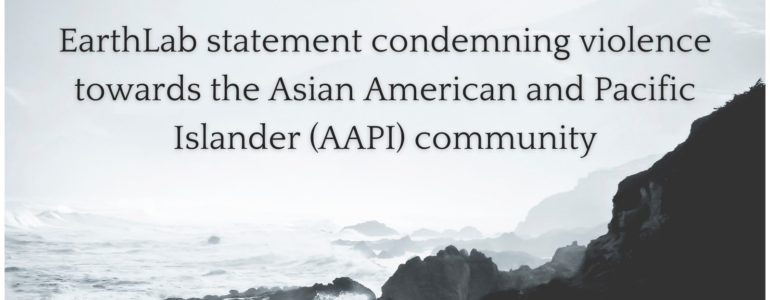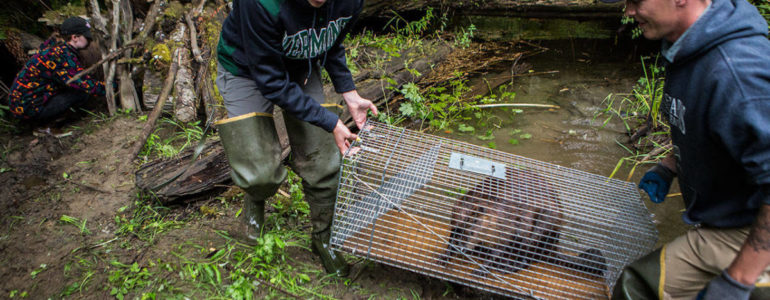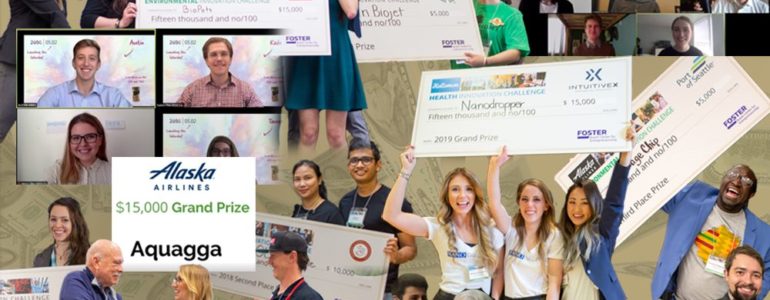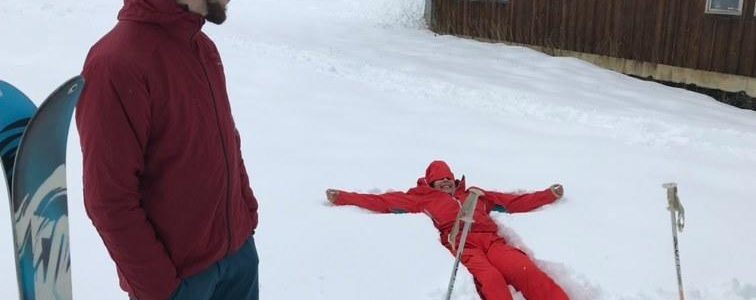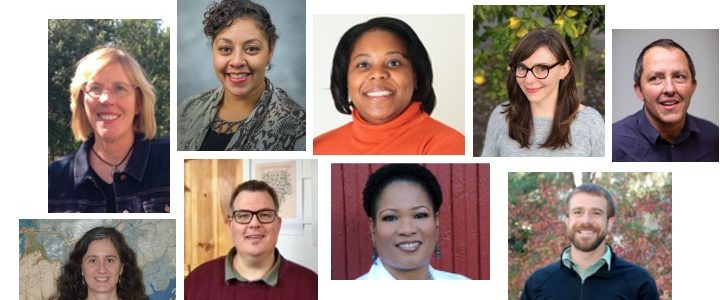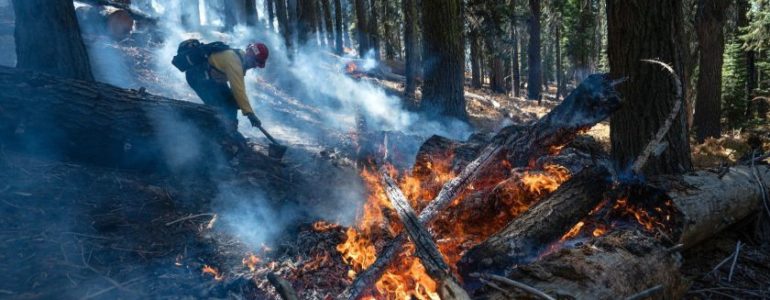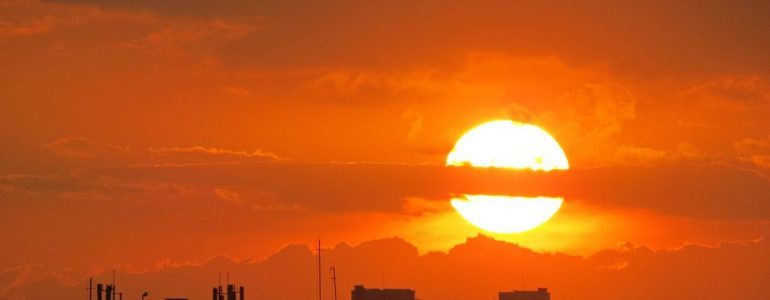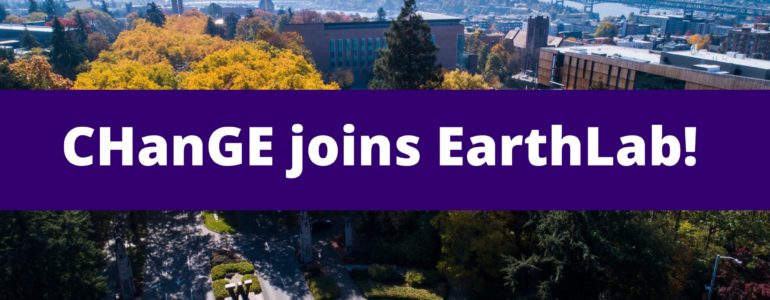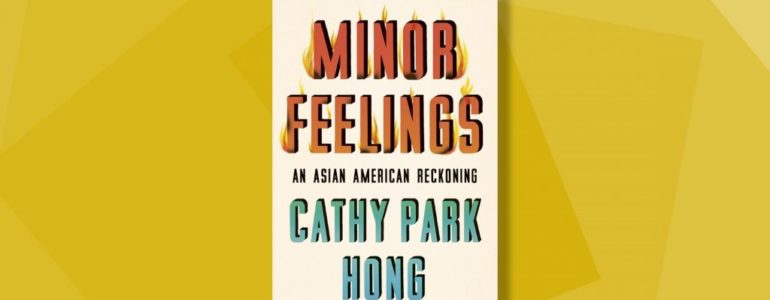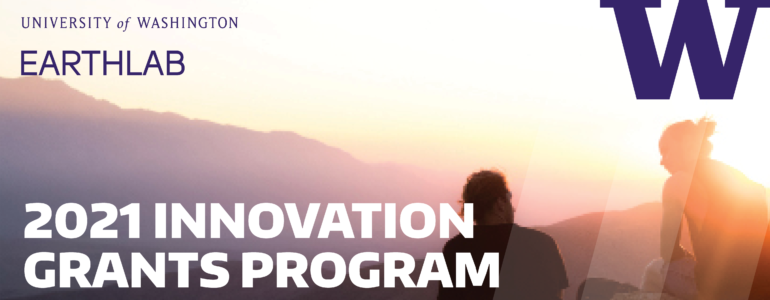From Footnote to Headline: Climate Prioritization at All Levels in 2022
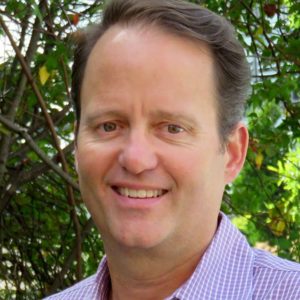
While attending a virtual year-end event hosted by Climate Solutions, Dr. Robert Bullard characterized 2021 as the year climate and justice went from “footnote to headline.”
Often described as the father of environmental justice, due to his 40+ years of leadership speaking out against environmental racism, Dr. Bullard was talking about the convergence of issues around climate adaptation and mitigation with social and racial justice, housing, transportation, food and water security, health, education and workforce development. He shared his enthusiasm for the opportunity in the “lines blurring” between the community organizations, businesses, nonprofits, academic institutions, municipalities and other networks taking action on these issues.
Dr. Bullard’s message was clear: we can no longer operate within silos when it comes to climate.
A year into mobilizing our new strategic plan with a focus on climate change and its intersection with social justice, Dr. Bullard’s words struck a chord. This idea, that it takes all of us collectively to develop innovative, just and equitable solutions to environmental challenges, is foundational to EarthLab.
I enter 2022 with a renewed curiosity about EarthLab’s responsibility and opportunity; that is, what more can we do to push on boundaries currently reinforcing climate change silos and suboptimal outcomes? How can we support the transformation and intersection of efforts between communities? How do we connect these ideas to action? These questions have led me to believe:
- If climate blurs the lines, we need to acknowledge new thinking, types of organizations, approaches and implementation of solutions
- If climate is a social issue, we need elevate the voices of front line communities across the world
- If climate is a business issue, we need to develop new business models that create value because they decarbonize and decolonize sectors
- If climate is an ethical question between generations, we need to listen to younger voices, now
These intersectional efforts take time to create, and yet I remain hopeful. While the last two years have changed all of us, personally and professionally, the issue of climate change is no longer relegated to the footnotes of our collective consciousness. We have been inspired by you, our supporters, advisors and community partners, who have continued to show up and engage in remarkable ways.
As Dr. Bullard’s words continue to ring in my ears, I see that our strategic priorities are inspiring our partners at UW and in the wider community, while also bearing fruit for EarthLab’s growth, including:
- This year we are expanding funding for our Innovation Grants Program to support six interdisciplinary teams to develop new knowledge or solutions for climate challenges. This program is forging a new way to fund environmental research that enriches and supports communities dealing with the first and worst effects of climate change.
- In coordination with the UW Foster School of Business, we are co-hosting a quarterly roundtable discussion with UW climate scientists and CFOs from our region’s biggest businesses. Climate change and the global energy transition have significant implications for corporate investments and corporations have an important role to play in moving equitable policies forward.
- Later this spring, we are planning to launch full time, paid undergraduate summer internships as part of our Student Experience Program. We intend to support the next generation of leaders with developing interdisciplinary, applied and community-engagement skills and capacity to address pressing environmental issues. Students have the passion and we hope to bridge their interest with real-world opportunities.
EarthLab member organizations, grantees and the expanded programs planned for 2022 are a sign of hope and movement on these important issues. We recognize that there’s a lot of work ahead, but with our growing core team and our expanding network of university and community partnerships, we embrace the challenge and opportunity of thinking differently, together.
Thank you for your support and belief in EarthLab.
Onward,

Ben Packard
Harriet Bullitt Endowed Executive Director
EarthLab
